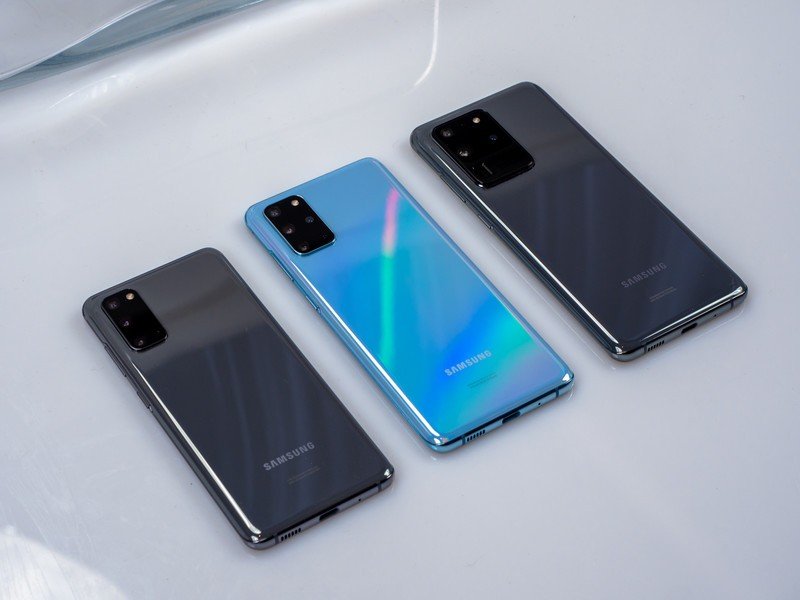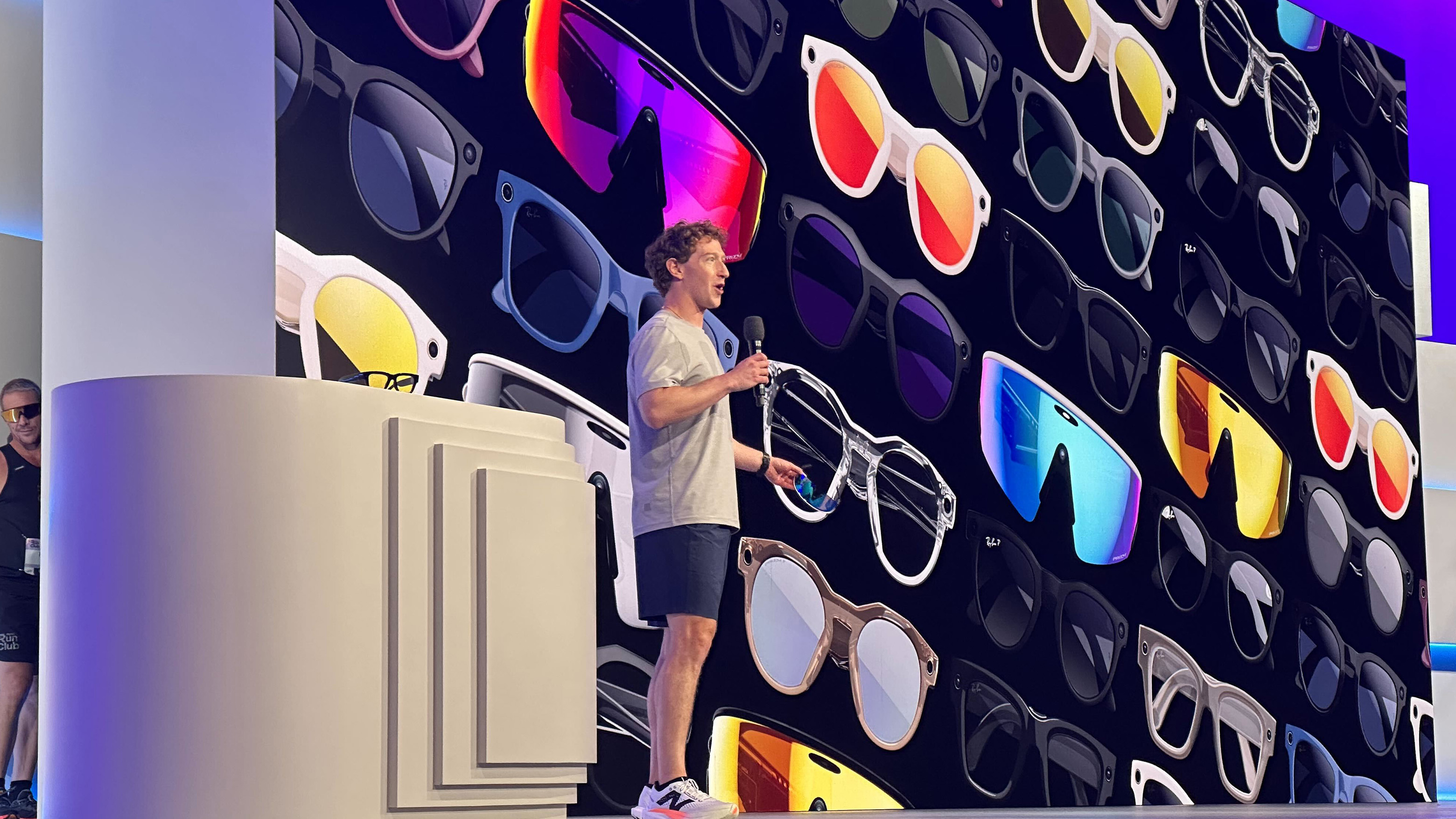Galaxy Note 10 vs. Galaxy S10: Which should you buy?
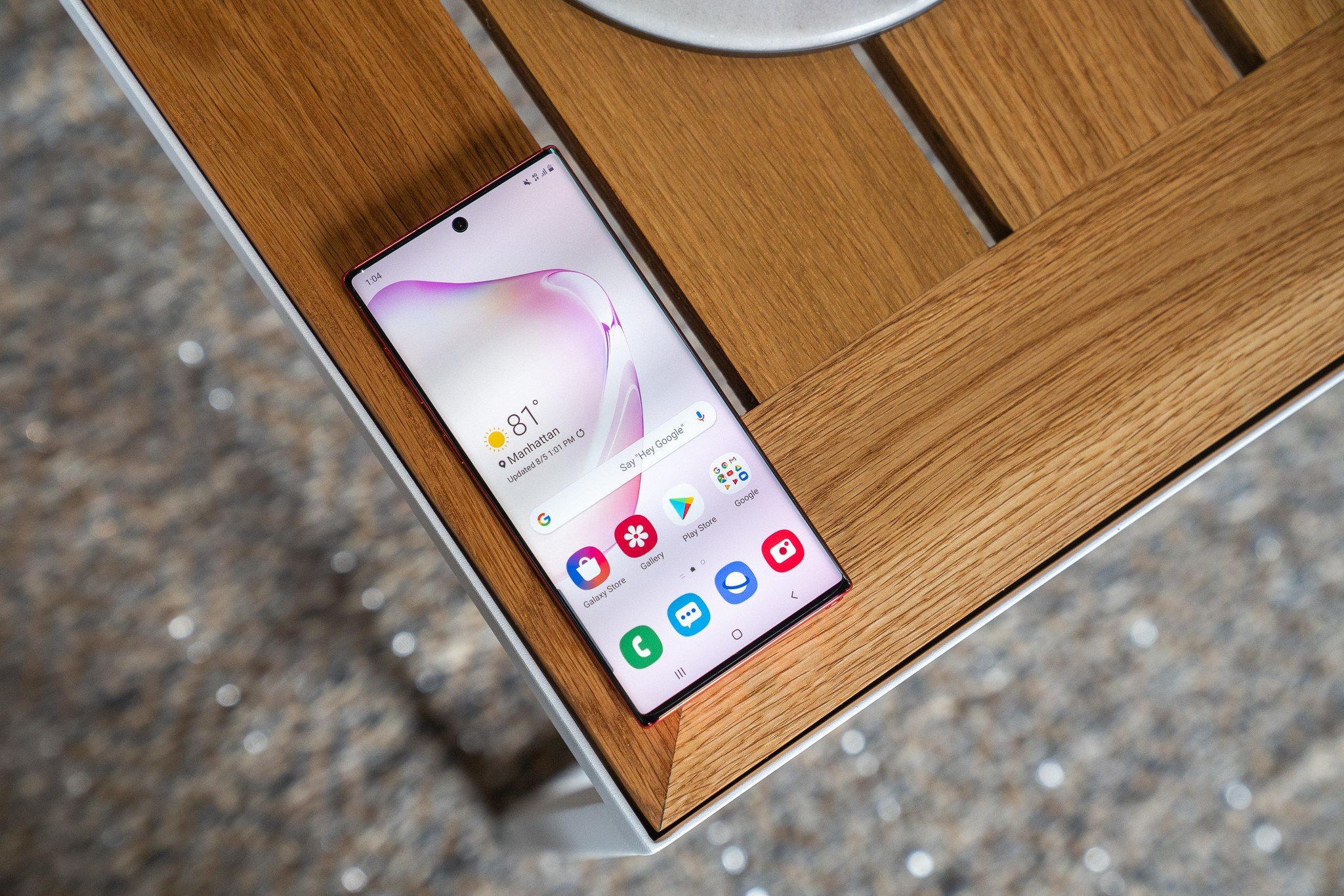
Samsung Galaxy S10
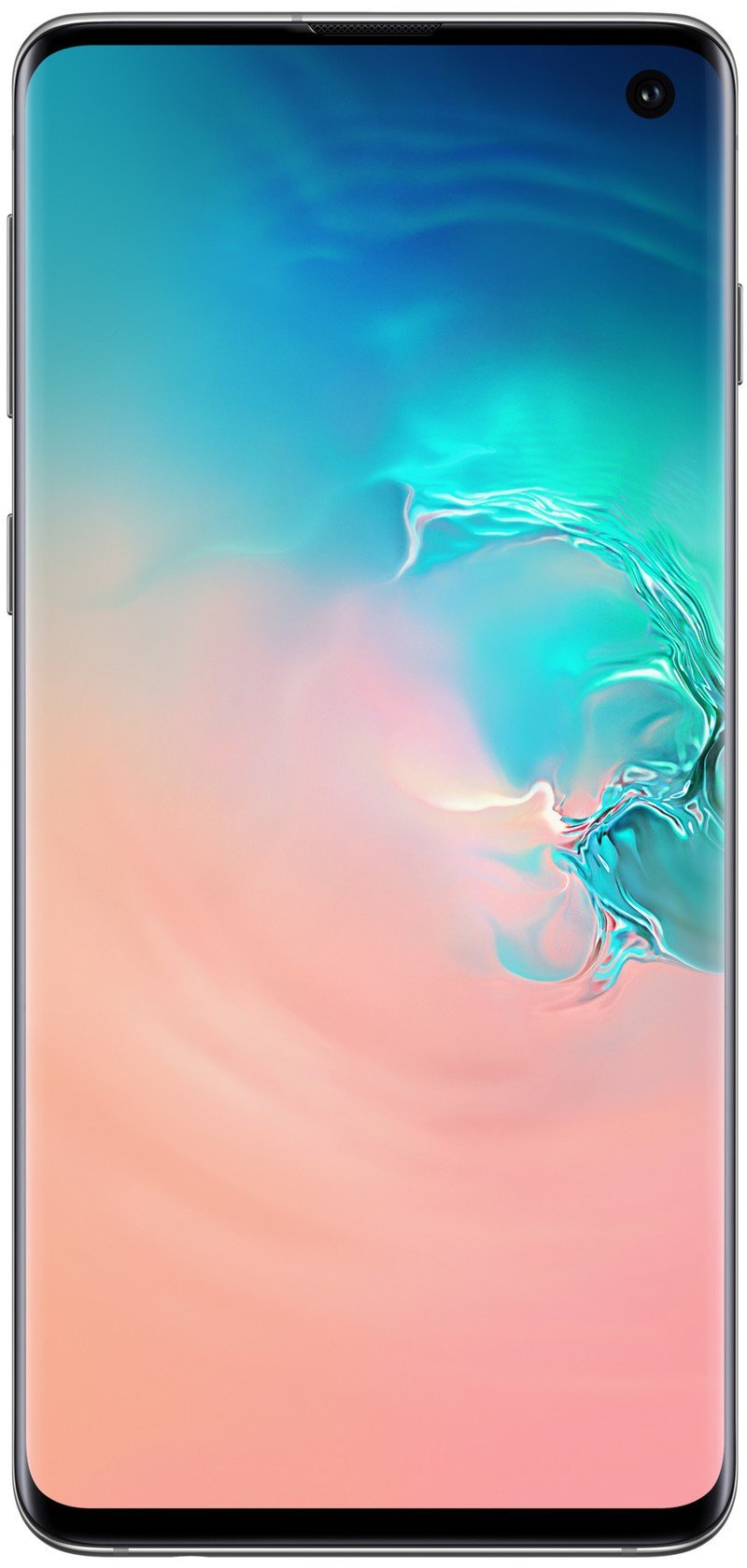
The Galaxy S10 may be half a year old, but it still stands strong as one of the best options in Samsung's lineup. It offers nearly identical specs as the newer Note 10 in a smaller body with a sharper display, and still features wired audio and expandable storage — though it's missing the Note's S Pen.
Samsung Galaxy S10
Reasons to buy
Reasons to avoid
Samsung Galaxy Note 10
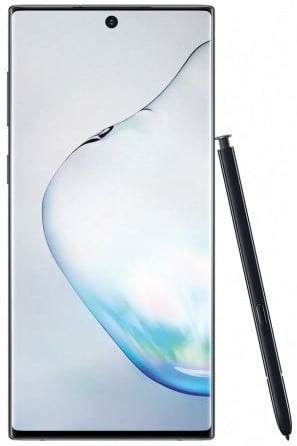
The Galaxy Note 10 repackages everything that's great about the Galaxy S10 into a sleeker design with tighter bezels, new colors, and of course, the S Pen. It's the first Note to ditch the headphone jack and microSD slot, but it makes up for it with a larger battery and faster charging.
Samsung Galaxy Note 10
Reasons to buy
Reasons to avoid
Samsung's Galaxy S and Galaxy Note lines have gotten extremely close in size, features and capabilities over the years. The S10 and Note 10 share a lot, but there are a few core differences to analyze when choosing between the two.
Before you read this, read about the Galaxy S20
This article was originally published in 2019. Since then, the Galaxy S10 series has been followed by the new Galaxy S20 series, which has several improvements, particularly in performance, battery longevity and the entire array of cameras.
If you aren't looking for the latest and greatest specs, and especially if you want to save money, the Galaxy S10 is still a solid phone worth considering. But if you have the budget for a newer phone, you will want to pick up the Galaxy S20 instead.
Galaxy S10 vs. Galaxy Note 10: The specs
| Header Cell - Column 0 | Galaxy S10 | Galaxy Note 10 |
|---|---|---|
| Operating System | Android 10 | Android 10 |
| Display | 6.1 inches, 19:9 aspect ratio, 3040x1440 (550 ppi), Dynamic AMOLED | 6.3 inches, 19:9 aspect ratio, 2280x1080 (401 ppi), Dynamic AMOLED |
| Processor | Qualcomm Snapdragon 855, 7nm, octa-core | Qualcomm Snapdragon 855, 7nm, octa-core |
| Graphics | Adreno 640 | Adreno 640 |
| Memory | 8GB RAM | 8GB RAM |
| Storage | 128GB, 512GB | 256GB |
| Expandable Storage | Yes | No |
| Rear Camera | 12MP, ƒ/1.5-2.4, 26mm (wide) + 12MP, ƒ/2.4, 52mm (telephoto) + 16MP, ƒ/2.2, 12mm (ultrawide) | 12MP, ƒ/1.5-2.4, 27mm (wide) + 12MP, ƒ/2.1, 52mm (telephoto) + 16MP, ƒ/2.2, 12mm (ultrawide) |
| Front Camera | 10MP, ƒ/1.9, 26mm | 10MP, ƒ/2.2, 26mm |
| Security | Optical in-display fingerprint sensor | Optical in-display fingerprint sensor |
| Connectivity | Wi-Fi 802.11ax, Bluetooth 5.0 | Wi-Fi 802.11ax, Bluetooth 5.0 |
| Audio | Dual speakers, headphone jack | Dual speakers |
| Battery | 3400mAh, 15W fast charging | 3500mAh, 25W fast charging |
| Water Resistance | IP68 | IP68 |
| Dimensions | 149.9 x 70.4 x 7.8mm | 151 x 71.8 x 7.9mm |
| Weight | 157g | 168g |
Minor improvements, significant price hikes
The Galaxy S10 is still a phenomenal phone, but each year we get a new Galaxy Note in the same year as the latest Galaxy S — that means you're going to be comparing to the Galaxy Note 10. This is the first year the company has split its Note line into two differently sized models with the Note 10 and Note 10+, and the former perfectly blends a compact, pocketable design with a massive screen and, of course, support for the S Pen that makes the Note a Note in the first place.
The Galaxy Note 10 has tighter bezels, faster charging, and new video-centric software.
The Galaxy Note 10 has tighter bezels than any other Samsung phone before it, allowing it to nearly match the Galaxy S10 in size. It feels like the first Note made specifically for people who like the series' features but don't want a huge phone. It's also the first Note with a triple camera array to match the S10, with nearly identical wide, ultrawide, and telephoto sensors.
Get the latest news from Android Central, your trusted companion in the world of Android
But you've probably also seen that the Note 10 isn't without its compromises. To achieve that new, smaller design, Samsung had to make a number of sacrifices, including the removal of the 3.5mm headphone jack and microSD slot — we never expected to see this happen on a Galaxy Note device first, but, well, here we are.
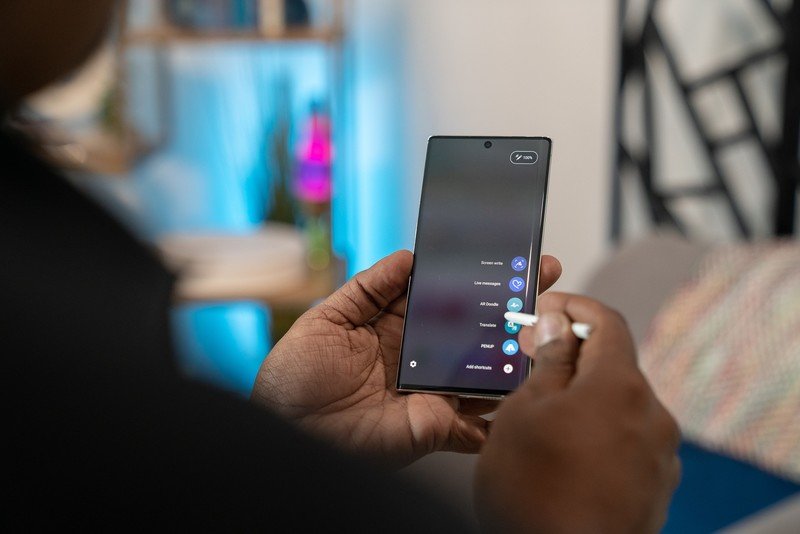
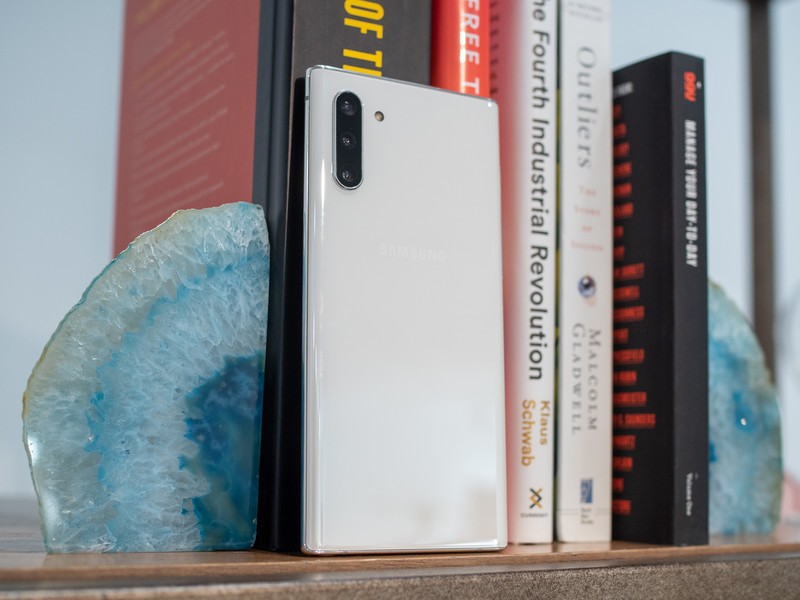
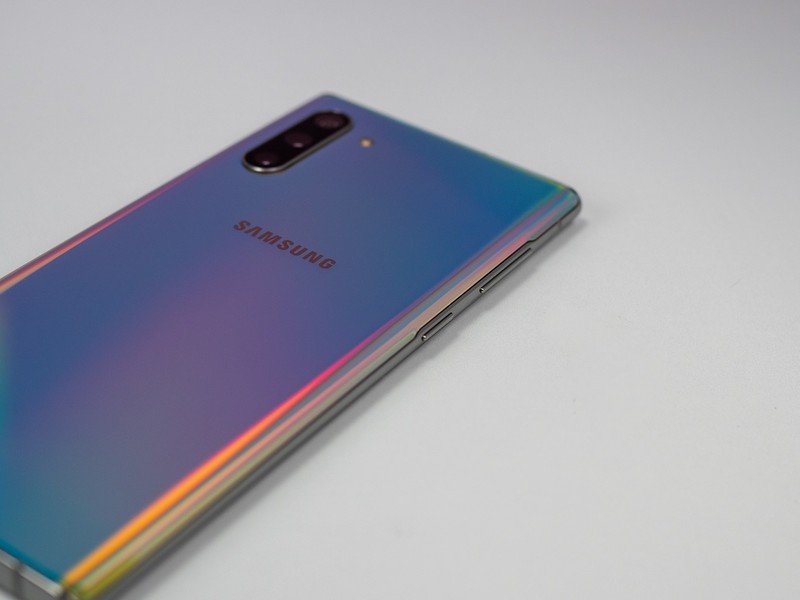
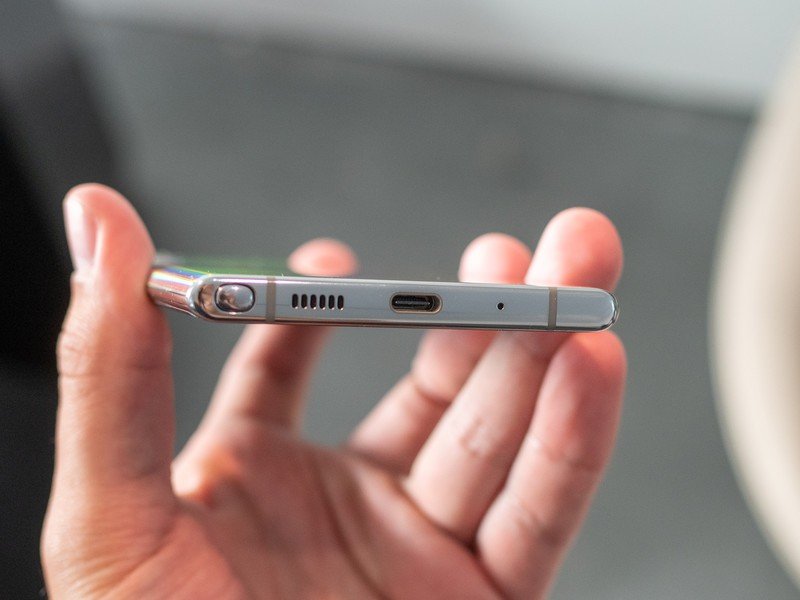
By contrast, despite a slightly smaller footprint, the Galaxy S10 features wired audio and expandable storage, along with a more rounded design. It otherwise feels extremely similar — the phone is ultimately from the same yar, after all. Both phones run the same build of Android 10 with the same Samsung One UI software, which is effectively the same as what you get on a Galaxy S20.
On paper, there's not a lot that stands out between devices. Both phones are evenly matched in processors with the same Snapdragon 855 and 8GB of RAM, but the Note 10 has an advantage in storage with double the baseline capacity as the S10 at 256GB. Both phones share similarly large batteries as well, though the Note 10 has a considerable advantage with its 25W fast charging, and even wirelessly charges at 15W — the same rate that the S10 charges over a USB-C cable.
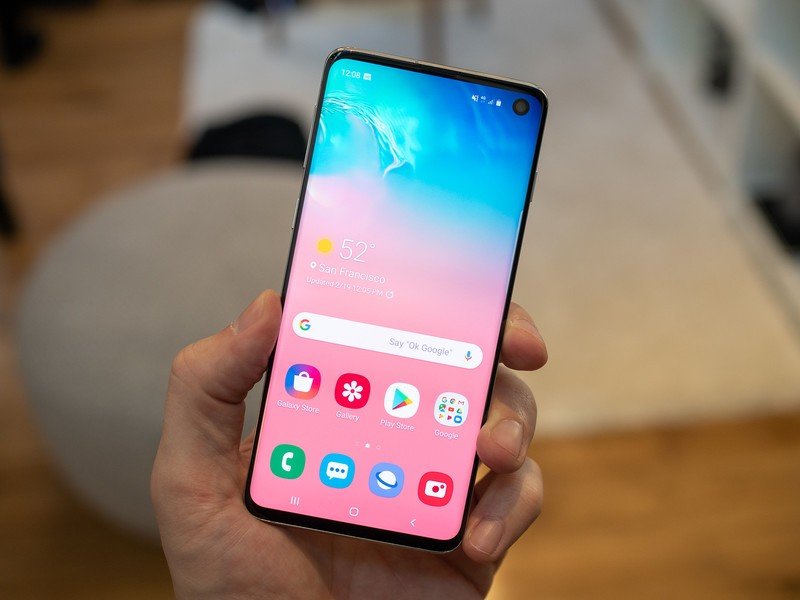
Of course, the Note 10 also benefits from a newly improved S Pen, which now allows you to use air gestures to control features like the camera (though admittedly, during our initial testing these gestures didn't work terribly well). The remote features from last year's Note 9 carry over as well, allowing you to control the camera and music playback using the side button on the S Pen.
The Galaxy S10 is almost evenly matched at a much lower price.
There are some other software improvements on the Note 10, such as a more powerful DeX 2.0 that works within a virtual machine on Mac and Windows computers, along with video-centric features like built-in video editing software and the ability to focus audio in a particular direction as you zoom in, but it's easy to assume those software improvements will eventually make their way to the Galaxy S10.
If you can't tell by now, the S10 and Note 10 are extremely similar phones, and there aren't many major reasons to spend the extra money on the Note 10. The hardware design is sleeker, but the specs, software, and cameras are all nearly identical — though this may be good news for S10 owners who didn't want their phone to feel outdated so quickly.
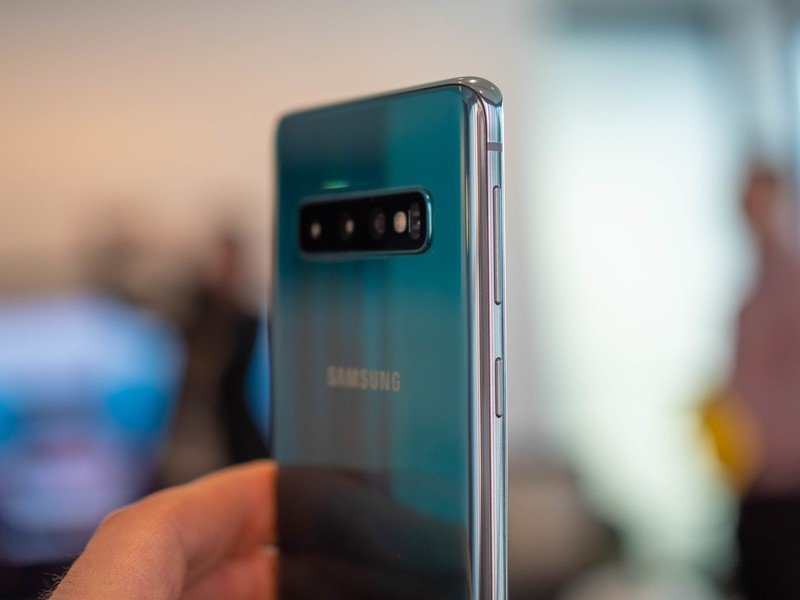
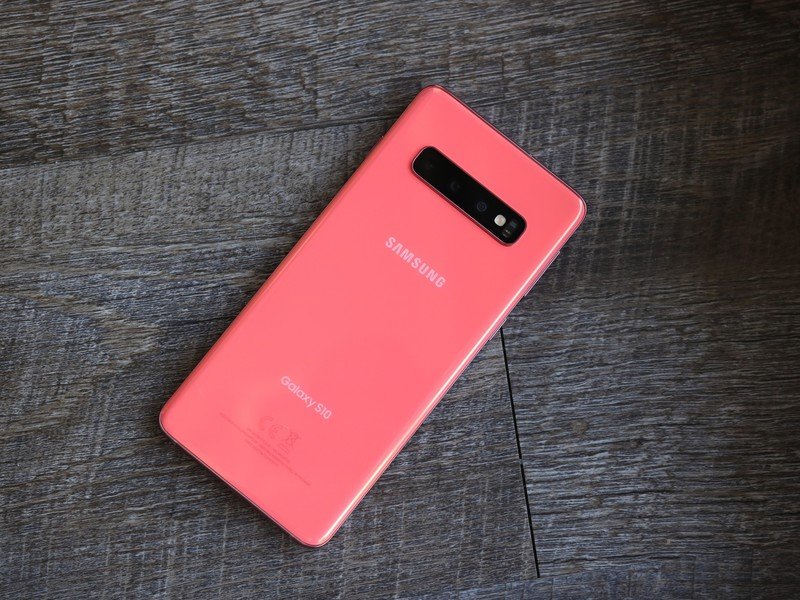
If you're torn between the two, you should seriously consider how much you value the S Pen, or maybe how much you'll take advantage of the faster wired and wireless charging on the Note 10. Most people are probably better off saving over a hundred dollars and grabbing the Galaxy S10 — though that calculus can change based on various sales and trade-in promotions Samsung regularly runs. Pricing being equal, the Note 10 is a better choice for getting the most value for money, so long as you can live without the headphone jack and microSD card slot.

The more practical buy for most people
The S10 is still a great phone, even at its age, with nearly the same spec list as the newer Note 10 and a much lower price. It'll likely receive the same software updates in the future, and still features expandable storage and a wired audio port.

You'll need to really love the S Pen
If you can live without a headphone jack or microSD card, the Note 10 brings a sleek new design, larger screen, and faster charging. It's still the only phone with an S Pen, but otherwise feels nearly identical to the S10.
Hayato was a product reviewer and video editor for Android Central.
